The Future Leaders Awards program is brought to you in partnership with PointClickCare. The program is designed to recognize up-and-coming industry members who are shaping the next decade of senior housing, skilled nursing, home health and hospice care. To see this year’s future leaders, visit Future Leaders online.
Jamie Brown, vice president of home services at Eden Health, has been named a 2020 Future Leader by Home Health Care News parent company Aging Media Network.
To become a Future Leader, an individual is nominated by their peers. The candidate must be a high-performing employee who is 40-years-old or younger, a passionate worker who knows how to put vision into action and an advocate for seniors.
Eden Health is the home services division of the Vancouver, Washington-based EmpRes Healthcare Management. The company’s volume dipped significantly in April, but now is hitting record highs as it emerges from the worst of its preliminary COVID-19 disruptions.
Brown sat down with HHCN to talk about Eden Health being an employee-run company, which is a rarity in the home-based care and health care spacs, as well as how she got her start. During the interview, Brown also touched on her biggest predictions for the home health industry moving forward.
HHCN: How did you get into home-based care?
Brown: I started with Empres Healthcare 13 years ago. And at that point, we were primarily in the skilled nursing facility (SNF) market. I was filling in for a temporary HR assistant role and going to the Art Institute of Portland to get a degree in graphic design.
After having been with EmpRes for just a few months, I fortunately was able to visit a couple of our local SNFs to see what they do and I fell in love. I decided to completely change my degree and get into health care fully. From there, I just started moving to different areas within the company. I worked in the billing department. I did a lot of different work, mostly on the business side. And then when we bought our first home health agency in 2014, I kind of raised my hand from the billing department and said, “I’ll learn it.”
EmpRes and Eden are employee-owned. How has that influenced your career?
We try to have our administrators at the local level run their company as if they’re the CEO of that company. They all treat it as if it’s their own money — because it is their own money. It’s their retirement funds. Having that aspect has really changed the way that we spend money and what we spend it on. It affects the day-to-day so much.
What has been your biggest growing or learning experience in the industry?
When we did our first acquisition in Idaho Falls, the agency was on paper. Having to learn the billing and the financial process is obviously a lot more convoluted than having an EHR that interfaces with all of these other programs. So I had to learn the entire process from start to finish.
I was also able to go out with a clinician and see what they did in the field and see how they’ve impacted people and how excited patients are to see them in their home. That really grabbed me.
Are you happy that you got into home-base care when you did?
Absolutely — I’ve definitely learned a lot. And I came in when we were still in the Prospective Payment System (PPS) environment and reimbursement in home health care hadn’t changed in years. I was fortunate enough to get in and learn that side of it before we had this dramatic change to the Patient-Driven Groupings Model (PDGM).
What’s your biggest prediction for home health moving forward?
I think we’ll have a large wave of referrals to the home. We’re starting to see patients wanting to go home a lot sooner than they were before even in hospitals and SNFs.
But also, I think that’s going to be a major challenge for our workforce and our recruiting environment, too. I think that we’re going to have an excess of referrals and maybe not enough nurses or therapists care for the volume that we’re experiencing.
To learn more about the Future Leaders program, visit the Future Leaders homepage.




